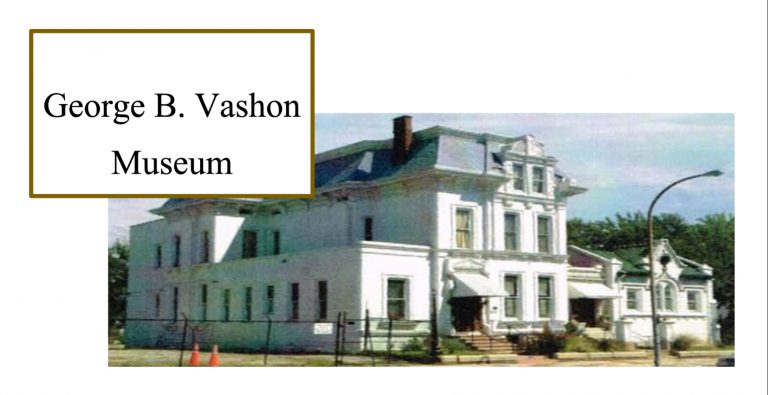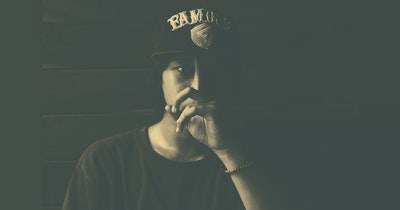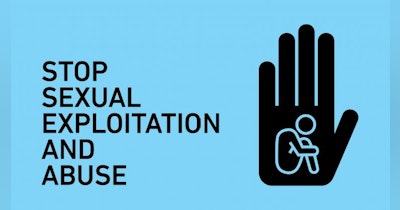The hosts of the show, Arnold Stricker and Mark Langston, sparked a profoundly engaging conversation with the authors. Harris, a known historian, and Riley, an educator, shared the inspiration behind their book Black Saint Louis and unveiled some of the lesser-known African American figures featured in their work.
"Harris and Riley speak passionately about the book," Arnold Stricker, said, "They expressed the significance of teaching Black history as an intricate part of the city's history and not just a subcategory."
Unique Perspective On the Topic
The authors shed light on the exceptional individuals such as Charles Henry Turner, Jeannette Forchet, Dr. Lincoln Diuguid, and many more who have contributed in indomitable ways to the history of the city. One of the enlightening instances was the unknown story of Mrs. Curtis, who diligently pursued her passion for educating others through her art school known as People's Arts Center.

If you are looking for a comprehensive and revealing narrative on the history of Black St. Louis, this conversation undoubtedly paints a vivid picture.
 Dedicating to Underserved Histories
Dedicating to Underserved Histories
The real triumph of the conversation was when Calvin Riley shared his personal story about finding the history of the Vashon family in a home clearance. He explained how this serendipitous discovery led him to found the "George B. Vashon Museum of African American History" in St. Louis.
Both authors will be touring, conducting signings and talks about Black St. Louis in various places, making a broad opportunity for the public to grab a copy and ask insightful questions to the authors themselves.
The discussion ended with a consensus among the hosts and authors that Black St. Louis is a remarkable testament to the vibrancy, resilience, and contributions of the African American community in shaping St. Louis's history.
Taking it all together, Black St. Louis offers a new perspective on overlooked African American history. It allows readers to gain a broader understanding of Americans' shared history and appreciate the diverse cultures that contribute to a unique, rich heritage. We highly recommend it to anyone interested in this often overlooked chapter of America's past.















